And the fact is that the accelerated rise in food prices in February, led by meat, dairy, eggs and fruit, has left families with serious difficulty to feed themselves, in a country where about 40% of people live in poverty. .
In the midst of the economic crisis that Argentina is experiencing, annual inflation in February exceeded first three-digit number in 32 yearsstanding V 102.5%.
While inflation in Argentina is chronic, this historic record and what will happen to the cost of living in the coming months are likely to be at the center of the political debate in October’s presidential election.
“You can’t, you can’t. Let it all go. I’m tired of all this, of struggling politicians and starving people. It’s not enough anymore,” neighbor Patricia Quiroga, who was looking for offers at a food fair in San Fernando, told Reuters. outskirts of Buenos Aires.
Since the country fell victim to rampant hyperinflation in the early 1990s, the situation has never reached such a critical level.
Latin America’s third-largest economy has been in an economic crisis for years that no government can control.
In December, the government of President Alberto Fernandez reached an agreement with food and personal care companies to freeze prices on about 2,000 products until March and limit growth on another 30,000 products to 4% per month.
Despite all efforts to contain the consequences of the crisis, the daily life of a significant part of the population, which is witness to the permanent devaluation of the local currency against the dollar, is becoming increasingly difficult.
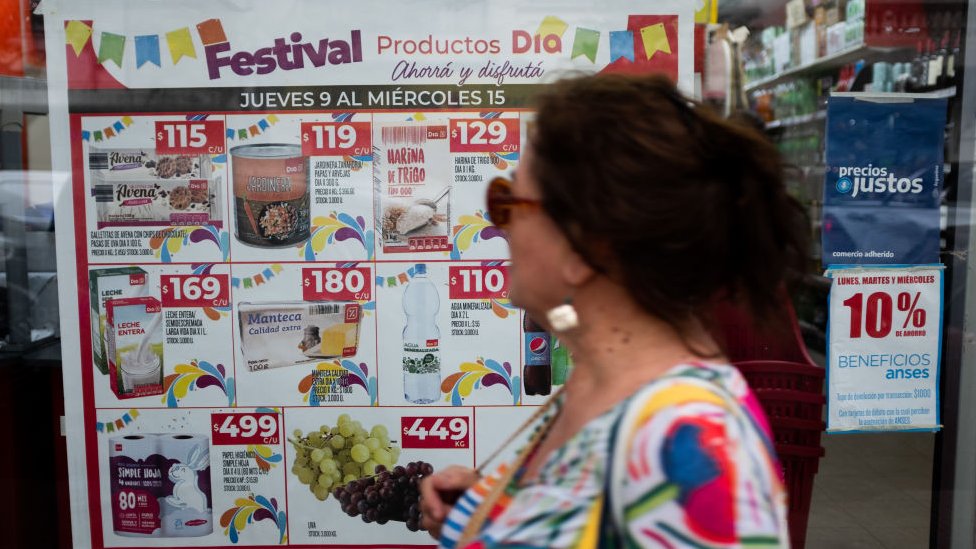
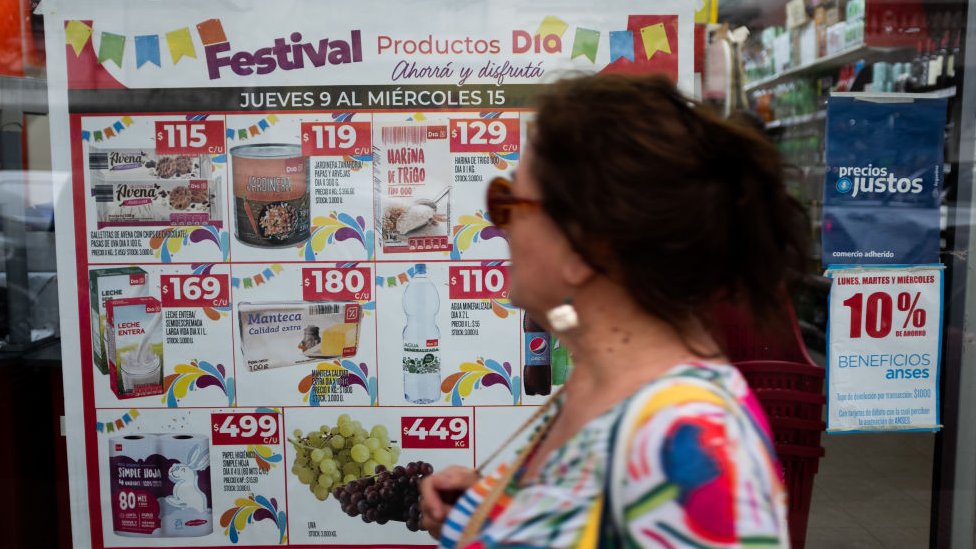

Even middle-class workers who used to have better access to dollars now have to work two or even three jobs to meet their needs.
Huge losses from drought
Not only the pandemic, the war in Ukraine or the slowdown in the Chinese economy are affecting the economy of Argentina.
Added to the headwind coming from abroad is the drought that has hit the country.
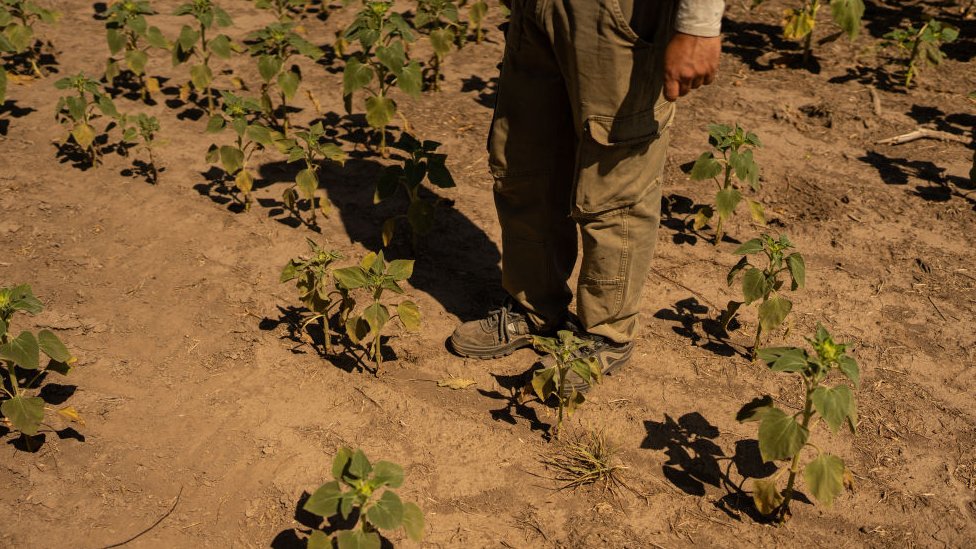
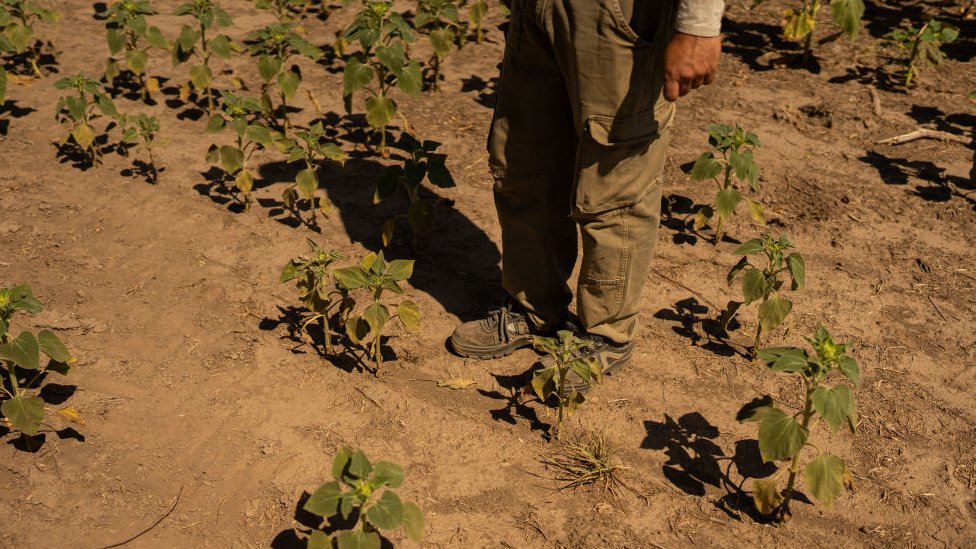

According to the latest report from the Rosario Stock Exchange, the drought has caused losses around $19 billion dollarsif we add in problems with crops of soybeans, wheat and corn (accounting for 87% of Argentina’s grain production and 43% of the country’s total exports) and the impact on reduced demand for freight, jobs or financial services.
In other words, drought has already claimed 3 points of gross domestic product (GDP) Argentina is estimated for 2023.
A drop in grain exports will not only affect the field and the availability of capital for the next planting, but will also reduce fiscal revenue from tax collection.
On the other hand, the livestock industry is facing a very difficult scenario as there is less feed for the animals.
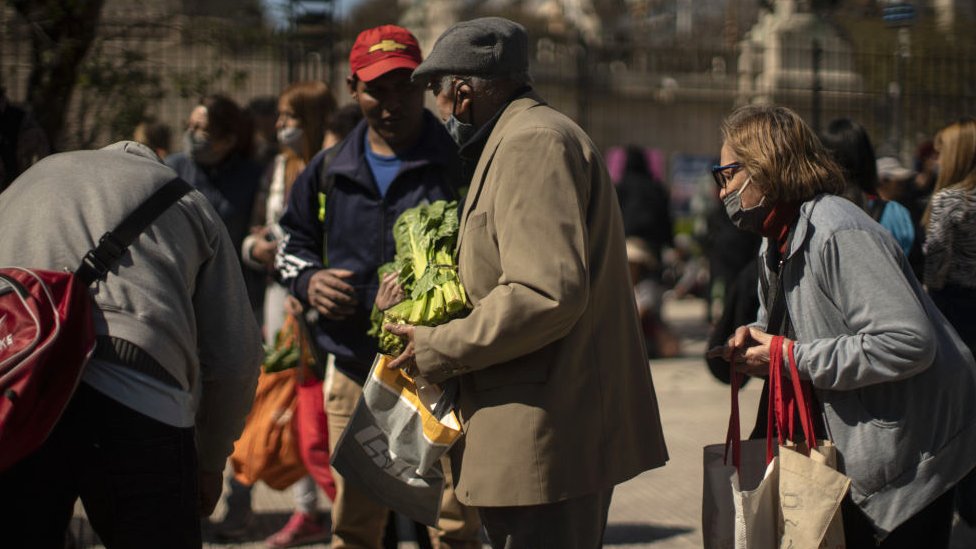
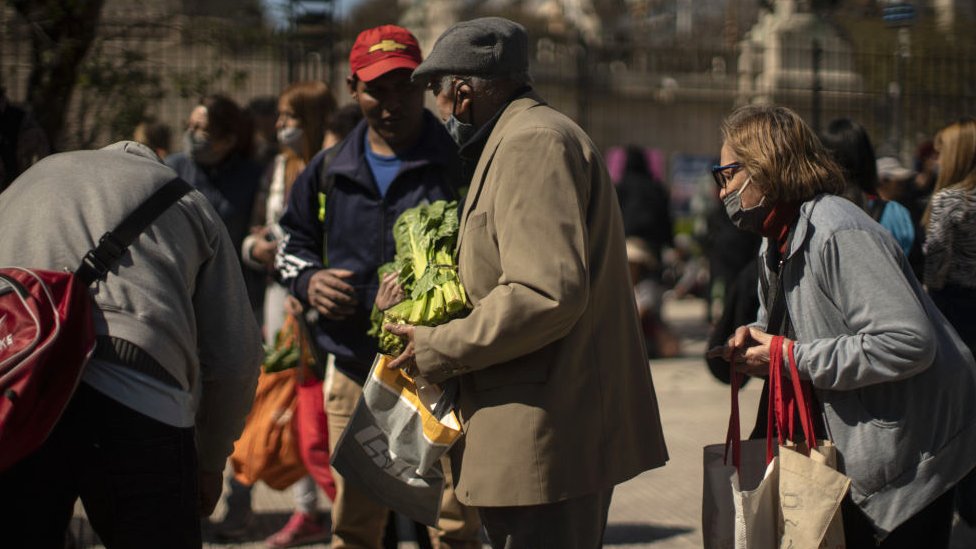

All this affects domestic consumption and exports.
With less dollars flowing into the country, central bank reserves, which are already at a very low level, will fall even more, complicating the finances of a country that will have very low economic growth in 2023 or may even fall into recession.
Two out of three children do not have their basic needs met
If in a country around 40% of the population lives below the poverty line, the problem is even more serious for children.
According to a new report from the United Nations Children’s Fund (UNICEF), two out of three children in Argentina are poor or denied basic rights such as access to education, social protection, housing or water.
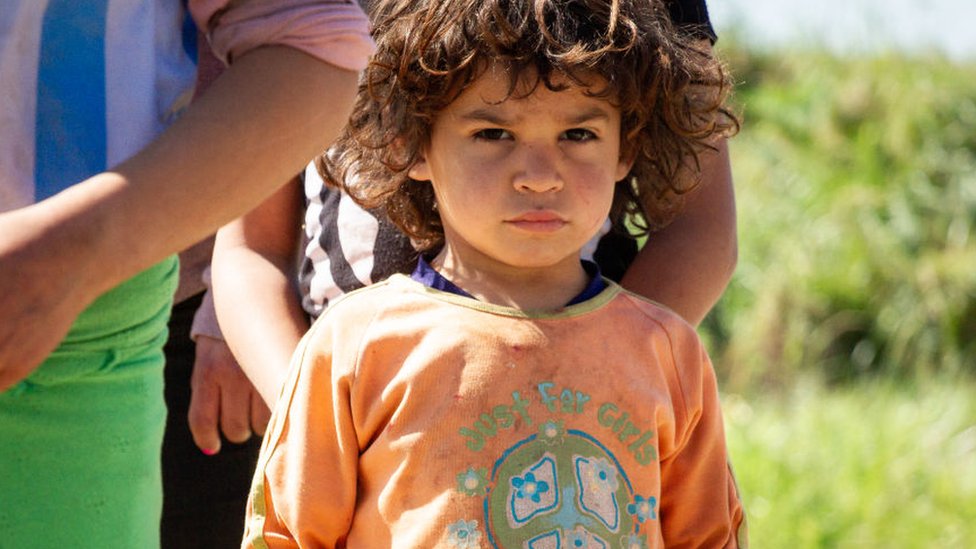
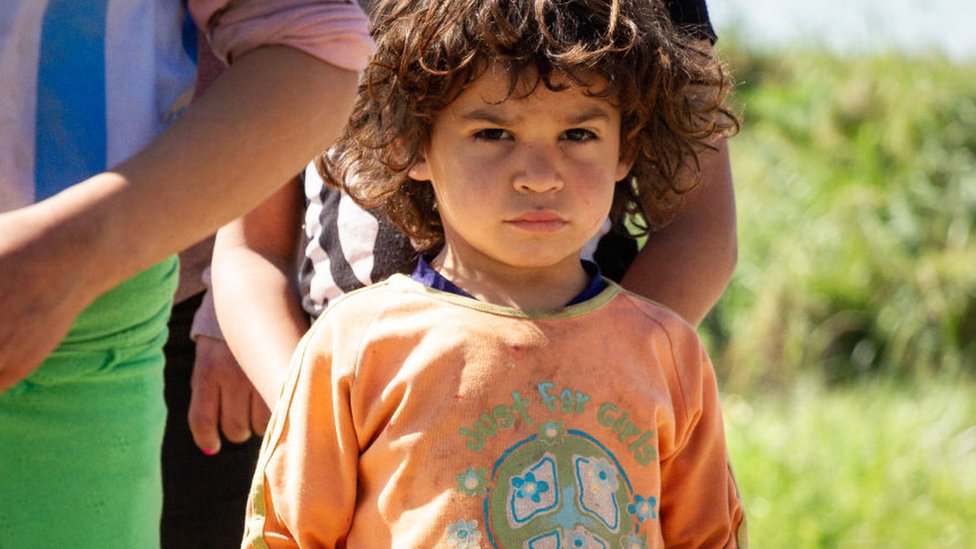

Using official data from the National Institute of Statistics (INDEC), the agency indicates that in the first semester of 2022, 51.5% of children lived in poverty, in homes whose income was not enough to cover a basic basket of food and services.
If we add to this the deprivation of fundamental rights, then the number of children in this situation increases to 66% of the child populationwhich is equivalent to about 8.8 million.
Source: La Opinion
Alfred Hart is an accomplished journalist known for his expert analysis and commentary on global affairs. He currently works as a writer at 24 news breaker, where he provides readers with in-depth coverage of the most pressing issues affecting the world today. With a keen insight and a deep understanding of international politics and economics, Alfred’s writing is a must-read for anyone seeking a deeper understanding of the world we live in.
